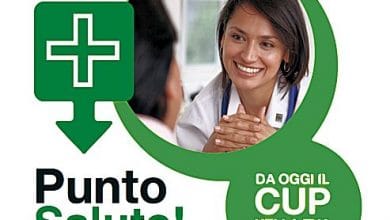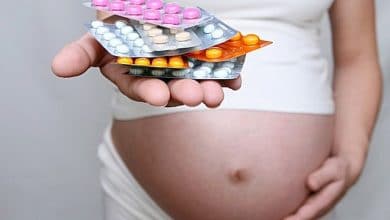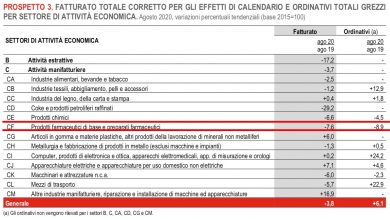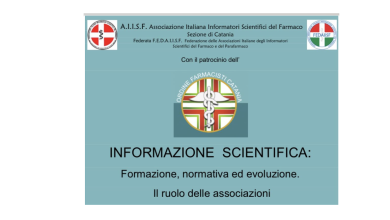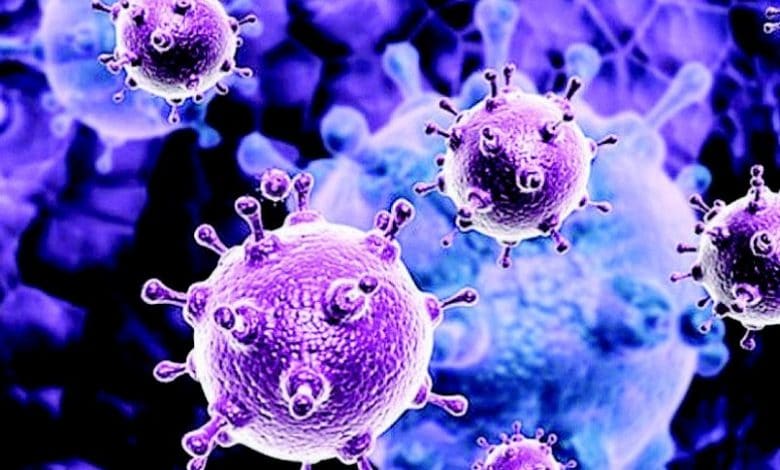
Kate Keeping (Decision Resources), many interested in these products
“To date, the biosimilars market has been dominated by 'players' who have always produced generics, such as Teva, Sandoz and Hospira. But the second 'wave' of biosimilars will also include the first 'copycat' monoclonal antibodies such as insulins. These drug classes have attracted a new biosimilar developer profile: Big Pharma.”
 He affirms this to Pharmakronos Kate Keeping, Senior Director of Decision Resources Group, a pharmaceutical analysis and consultancy company based in Burlington (Massachusetts, USA). "There are many reasons behind this change of pace - explains the expert - for example in the case of insulin companies such as Sanofi, Lilly and Merck & Co., which are all producing biosimilar versions, already have a strong presence in the field of diabetes and, with biosimilars they are mainly looking to round out their product portfolios. Sanofi and Lilly, in particular, are better placed than generics companies in the highly competitive insulin market because they already have substantial volume production capacity and marketing expertise in this space. “In Italy there is still a limited use of biosimilar drugs, which on the contrary would make it possible to obtain significant savings in terms of expenditure.
He affirms this to Pharmakronos Kate Keeping, Senior Director of Decision Resources Group, a pharmaceutical analysis and consultancy company based in Burlington (Massachusetts, USA). "There are many reasons behind this change of pace - explains the expert - for example in the case of insulin companies such as Sanofi, Lilly and Merck & Co., which are all producing biosimilar versions, already have a strong presence in the field of diabetes and, with biosimilars they are mainly looking to round out their product portfolios. Sanofi and Lilly, in particular, are better placed than generics companies in the highly competitive insulin market because they already have substantial volume production capacity and marketing expertise in this space. “In Italy there is still a limited use of biosimilar drugs, which on the contrary would make it possible to obtain significant savings in terms of expenditure.
However, some improvements were recorded in 2013 compared to 2012: in fact, an increase in consumption was observed for all biosimilars, especially for iv biosimilars of filgrastim (+38.4% compared to 2012), making it possible to obtain reductions in spending ; the most important reductions were the epoetine, for which a decrease in expenditure of -16.6% was recorded compared to 2012”.
This is what the latest Osmed report on the use of medicines published by the Italian Medicines Agency (Aifa) highlights. In the future, however, something is bound to change: important biological drugs will lose their patent and will be produced in a 'low cost' version. In Europe, biosimilars of the monoclonal antibodies trastuzumab and rituximab are expected to enter the market between 2015 and 2016. In addition, between 2015 and 2020 other important biotech drugs will lose their commercial protection, paving the way for the entry of new categories of biosimilars, especially in high-cost therapeutic areas such as hematology and oncology.
According to analysts, biosimilars of monoclonal antibodies and insulins will have the fastest growth, the first example of which is arriving on the European market: the biosimilar of insulin glargine produced by Lilly-Boehringer. For Richard Lang, pharmaceutical market analyst at Visiongain, “By 2023, monoclonal antibodies and biosimilar insulins will account for 57% of biologic copies.
Continued growth is also expected for other market segments, such as biosimilar erythropoietins, which are already available in Europe, Japan and other developed markets, but which have so far achieved limited revenues compared with their reference biologics. According to estimates by the consultancy GlobalData, "the growing presence of biosimilars on the market will start to significantly erode sales of branded biological medicines only after 2019, while the total value of the biologics sector will increase from 162 billion dollars in 2013 to more than 262 billion in 2019. Patent expirations of branded biologics and the introduction of clear regulatory frameworks for biosimilars after 2019 will see the latter capture a good share of the market.
And for experts there is a series of factors that will determine the push towards the adoption of biosimilars, from austerity measures to an aging population combined with the growing demand for healthcare. But the savings made thanks to biosimilars - the analysts conclude - do not seem to be as substantial as previously thought:
the average cost is approximately 20-30% less than that of brand-name biologic therapies. However, it remains a significant reduction, since many biologics cost hundreds of thousands of dollars for a year of treatment.
Barbara Di Chiara – 22 September 2014 – PharmaKronos
In the EU, green light for the first biosimilar insulin
Between 2014 and 2019, important biological medicines will lose their patent, including anti-cancer and anti-arthritis products. Result: other companies will be able to produce 'similar' versions of these medicines. For example, the European Commission has just granted marketing authorization for insulin glargine, manufactured by Eli Lilly and Boehringer Ingelheim, indicated for the treatment of diabetes in adults, adolescents and children aged at 2 years old.
 This is the first insulin treatment approved under the European Medicines Agency's approval process for biosimilar products, as well as the fourth drug resulting from the collaboration between Lilly and Boehringer Ingelheim approved in the EU.
This is the first insulin treatment approved under the European Medicines Agency's approval process for biosimilar products, as well as the fourth drug resulting from the collaboration between Lilly and Boehringer Ingelheim approved in the EU.
The collaborative insulin glargine is a basal insulin with the same amino acid sequence as Sanofi's Lantus (insulin glargine). “The marketing authorization for this insulin glargine in Europe is a very important achievement for the Lilly-Boehringer Ingelheim alliance.
We are convinced that this drug will still be widely used for many years to come,” Enrique Conterno, president of Lilly Diabetes, told Adnkronos Salute.
Barbara Di Chiara – 22 September 2014 – PharmaKronos
Biosimilar drugs. Assogenerici: "The EU green light for insulin glargine gives new hope to patients"
The European Commission has granted a marketing authorization for insulin glargine, manufactured by Eli Lilly and Company and Boehringer Ingelheim, and indicated for the treatment of diabetes in adults, adolescents and children. “Great satisfaction” was expressed by Assogenerici.

22 SEPT – The biosimilar "represents a promise that is slowly turning into reality". He declared it Francesco Colantuoni, vice president of Assogenerici, commenting on the news of the marketing authorization by the European Commission for insulin glargine manufactured by Eli Lilly and Company and Boehringer Ingelheim, used for the treatment of diabetes in adults, adolescents and children 2 years of age and older.
"We can only express great satisfaction - underlined Colantuoni - because the biosimilar drug is slowly gaining the place it deserves".
And if the fact that the companies producing the new biosimilar produce branded drugs "highlights once again how the traditional contrast between brand companies and companies that generate cysts is fading", according to the vice president of Assogenerici the arrival of this authorization marks an important milestone for the biosimilar which "begins to establish itself in important therapeutic areas, characterized by pathologies with a very high social impact".
"It is undoubtedly news that gives hope to thousands of patients - continues Colantuoni - and which comes a few days after an event entitled The decalogue of biosimilar drugs: 10 statements from which to start again, scheduled in Rome, which eight years after the introduction of the first biosimilars, will try to take stock of the evolution of clinical and pharmacological knowledge in this field. The aim - he explains - is to aggregate scientific and social consensus around the role that the biosimilar is now ready to assume.
“And also from the point of view of the system – he adds – the biosimilar represents a promise that is slowly turning into reality: for the benefit of patients, whose access to therapies is considerably favored by the arrival on the market of these drugs; to the benefit of doctors, who thanks to the savings produced by biosimilars should be able to prescribe increasingly effective innovative drugs; but also in favor of the healthcare system as a whole, which through the economies guaranteed together by equivalents and biosimilars, can hope to be able to avoid the feared linear cuts, to continue to offer Italian citizens universal levels of assistance that place us at the first place in the world".

